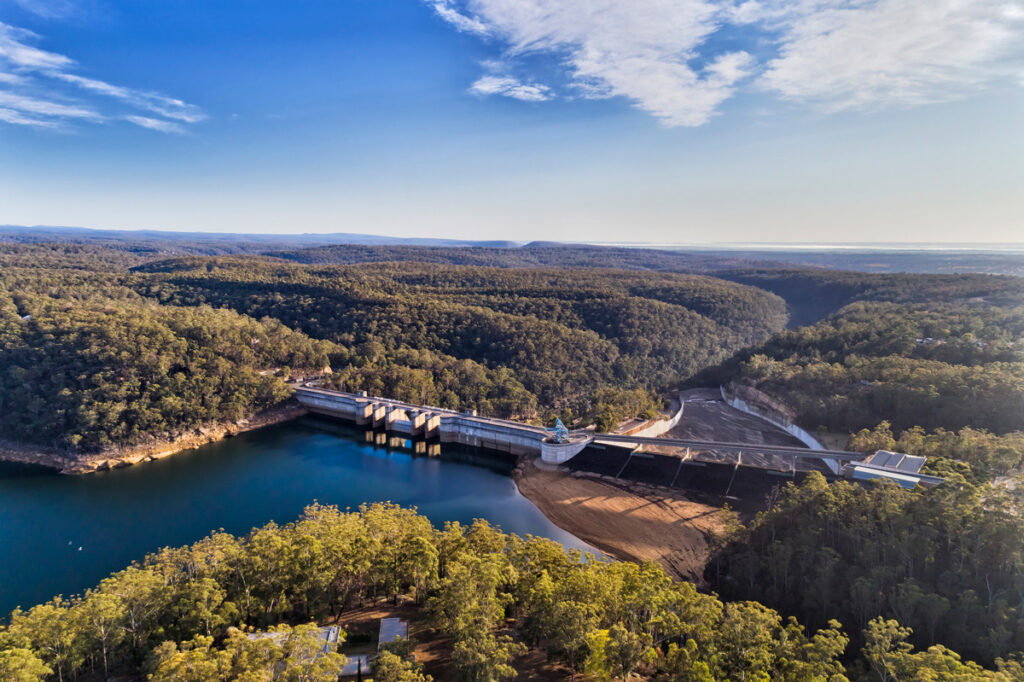
Water Regulation
Nationally, regulations regarding water vary from region to region. Some retain water ownership centrally, with water use and pricing tightly controlled by the government. Other countries allow private ownership of water resources, which may be based on individual land rights.
Internationally, water regulations are more complex. Where fresh water sources are shared by neighboring countries, water rights (or access entitlements) can become a contentious subject of negotiations.
With few exceptions, water markets tend to be local and informal. Most water law, such as the Urban Waste Water Treatment Directive in the EU and the Clean Water Act in Canada tend to regulate quality standards, drainage and drought; not trade.
Where water trading does exist it takes on several forms that differ from project to project, and are dependent upon the geography, and other factors of the area. Even in areas where water trading is relatively advanced, such as Australia, trade can be limited to the states and municipalities themselves.
However, fresh water has been recognized as a commodity by several national and supra-national bodies. This means that its price can now be determined by market forces.
